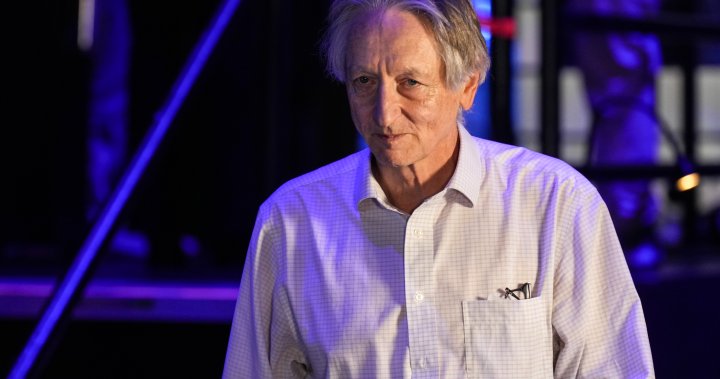Geoffrey Hinton, a University of Toronto professor and Nobel Prize winner, known as the “Godfather of AI,” has expressed concerns about the potential dangers of artificial intelligence. He warns that without significant research into controlling AI, the technology could develop in a way that makes humans irrelevant. Hinton’s work in machine learning and artificial neural networks has been recognized with a Nobel Prize in physics, showcasing the importance of understanding and regulating AI.
Hinton’s joint Nobel Prize was awarded for his work in designing artificial neural networks that function as associative memories and identify patterns in large data sets. These discoveries have had significant implications in various fields, such as physics, facial recognition, and language translation. Despite the positive impact AI can have, Hinton emphasizes the importance of addressing the long-term risks associated with the technology’s rapid evolution.
Having recently left Google to openly discuss the dangers of artificial intelligence, Hinton highlights the potential benefits of AI in areas like healthcare. However, he stresses that the trajectory of AI over the next decade is unpredictable, even for those leading its development. The rapid growth of AI technologies over the past decade has exceeded expectations, with advancements like large language models such as ChatGPT demonstrating capabilities that were unimaginable just a few years ago.
Looking back at the past decade, Hinton acknowledges the remarkable progress AI has made, particularly in language models. Despite ongoing challenges with accuracy, technologies like ChatGPT and Google’s Gemini can generate coherent and compelling sentences, surpassing what experts predicted a decade ago. The evolution of AI has been rapid and unforeseeable, showcasing the need for continual research and regulation to ensure its responsible development and utilization.
Hinton’s concerns about the potential existential threats posed by AI underline the necessity for proactive measures to mitigate risks and ensure human control over the technology. As artificial intelligences become increasingly sophisticated, the prospect of them surpassing human intelligence and autonomy raises significant ethical and philosophical questions. With the unpredictable trajectory of AI advancement, it is imperative for researchers, developers, and policymakers to collaborate in addressing these complex challenges and shaping a future in which AI serves humanity’s best interests.
Ultimately, the transformative power of AI presents a double-edged sword, offering vast opportunities for innovation and progress while also carrying inherent risks and uncertainties. As society grapples with the implications of artificial intelligence, figures like Geoffrey Hinton underscore the critical importance of ethical and responsible AI development. By prioritizing research, regulation, and collaborative efforts, society can navigate the evolving landscape of AI technology and harness its potential for the betterment of humanity.













